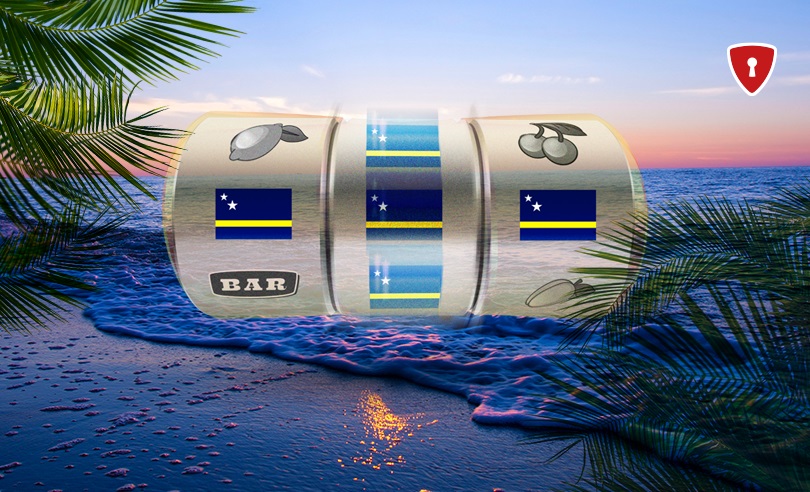THE HAGUE – The Dutch Gambling Authority (Kansspelautoriteit, Ksa) is facing serious obstacles in collecting fines imposed on illegal gambling websites based in Malta and Curaçao, according to a report by CasinoNieuws.nl. Since the legalization of online gambling in the Netherlands, the Ksa has issued over €56 million in fines, but only a small portion of that amount has actually been paid.
For Malta-based operators, a major hurdle is the controversial Bill 55, which provides legal protection for Maltese gambling companies against enforcement of fines imposed by foreign regulators. This legislation allows companies to simply ignore financial penalties from Dutch authorities.
“Right now, fine collection is hindered by Bill 55,” said Ksa spokesperson Marloes Derks to CasinoZorgplicht.nl. “But in the long run, this may not hold, as Bill 55 could be in violation of European law.”
Curaçao-Based Companies Also Uncooperative
Companies operating under Curaçao’s licensing framework are also reluctant to cooperate. Despite recent reforms and the creation of the Curaçao Gaming Authority (CGA), outdated licensing structures and a lack of legal cooperation with other jurisdictions continue to undermine enforcement efforts.
Out of the nineteen companies fined by the Ksa between 2023 and 2025, at least eight have direct or indirect links to Curaçao. These include well-known operators such as Orient Xpress Casino (Equinox Dynamic), Time2Spin (Alimaniere Sociedad de Responsabilidad), and Casino Sky (Sarah Eternal S.R.L.).
Techno Offshore, the company behind No Limit Bet and fined in 2025, was also linked to Curaçao’s legal framework, as was ACR (part of the Winning Poker Network), whose terms and conditions cite Curaçaoan law. Betent, the company behind BetCity, also holds a Curaçao license.
Most of these operations are run under so-called sub-licenses that fall under one of Curaçao’s four master licenses (such as 8048/JAZ or 1668/JAZ). However, enforcement by Curaçao authorities remains practically non-existent due to legal limitations and long-standing tolerance of the unregulated master-sub license system.
No Valid Master Licenses
None of the so-called “master license holders” in Curaçao currently have a valid license under the island’s new regulatory regime. This has further eroded the possibility of effective enforcement or cross-border cooperation.
Limited International Enforcement
Without binding international treaties or mutual enforcement agreements, the Ksa is powerless to seize assets or force payment. Dutch State Secretary Teun Struycken has previously stressed the need for international cooperation, but in practice, this has largely been limited to information-sharing.
As a workaround, the Ksa has launched a pilot program using private debt collection agencies. These firms are now being contracted to pursue payments from illegal gambling operators who continue to ignore Dutch regulatory fines.
The situation highlights ongoing challenges in regulating cross-border online gambling and raises questions about the effectiveness of Curaçao’s regulatory reforms.
